Science & Society
Sign up for our newsletter
We summarize the week's scientific breakthroughs every Thursday.
-
 Physics
PhysicsNotre Dame is reopening. What does that mean for its acoustics?
Researcher Brian Katz is studying the acoustics of the Paris cathedral and how it’s been altered throughout the centuries.
-
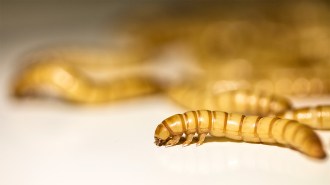 Life
LifeHere’s how long it would take 100 worms to eat the plastic in one face mask
An experiment reveals that a bio-solution to humans’ microplastics mess is likely to fall short, but could inspire other ways to attack the problem.
By Susan Milius -
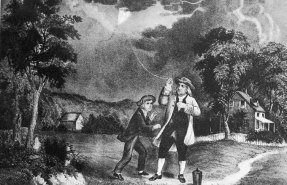 Science & Society
Science & SocietyA new biography of Benjamin Franklin puts science at the forefront
Richard Munson’s new book, Ingenious, shows how scientific research inspired the founding father’s diplomacy.
-
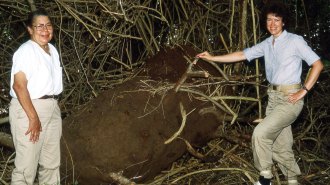 Science & Society
Science & SocietyThis ‘hidden figure’ of entomology fought for civil rights
Margaret S. Collins, the first Black American female entomologist to earn a Ph.D., overcame sexism and racism to become a termite expert.
By Susan Milius -
 Climate
ClimateFrom electric cars to wildfires, how Trump may affect climate actions
Trump’s first term, campaign pledges and nominees point to how efforts to address climate change and environmental issues may fare.
By Carolyn Gramling and Nikk Ogasa -
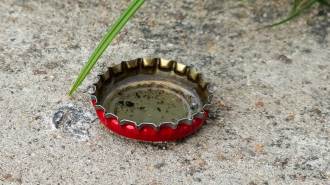 Health & Medicine
Health & MedicineDengue is classified as an urban disease. Mosquitoes don’t care
Infectious diseases are often labeled “urban” or “rural.” Applying political labels to public health misses who is at risk, experts argue.
By Sujata Gupta -
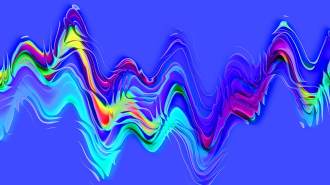 Psychology
PsychologyResearchers seek, and find, a magical illusion for the ears
A contest to design a sound-only magic trick could help psychologists learn about differences between visual and auditory perception.
-
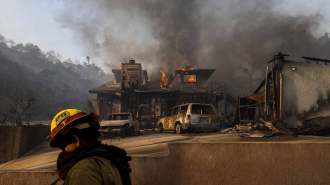 Environment
EnvironmentFire-prone neighborhoods on the fringes of nature are rapidly expanding
The transition zone where unoccupied wildlands meet developed areas increased globally by about 35 percent from 2000 to 2020.
By Nikk Ogasa -
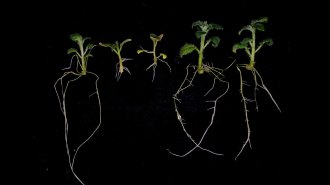 Agriculture
AgricultureExploiting a genetic quirk in potatoes may cut fertilizer needs
A gene controlling potato growth limits the plant’s fertilizer uptake. Tweaking related genes could lead to more sustainable potato varieties.
-
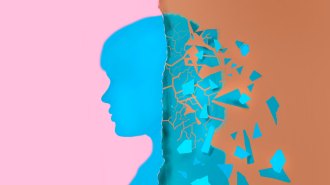 Anthropology
AnthropologyThe ‘midlife crisis’ is too simple a story, scientists say
Some scientists want to shift focus to the teen mental health crisis. But the course of happiness is too complex for simplistic theories, experts warn.
By Sujata Gupta -
 Animals
AnimalsThis marine biologist discovered a unique blue whale population in Sri Lanka
In addition to studying the world’s only nonmigratory blue whales, marine biologist Asha de Vos seeks to change her compatriots’ attitudes toward the ocean.
By Sandy Ong -
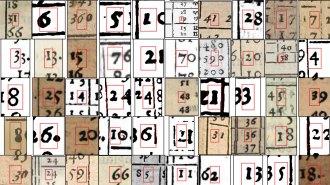 Science & Society
Science & SocietyUsing AI, historians track how astronomy ideas spread in the 16th century
A new AI machine learning technique helped historians analyze 76,000 pages from astronomy textbooks spanning nearly two centuries.